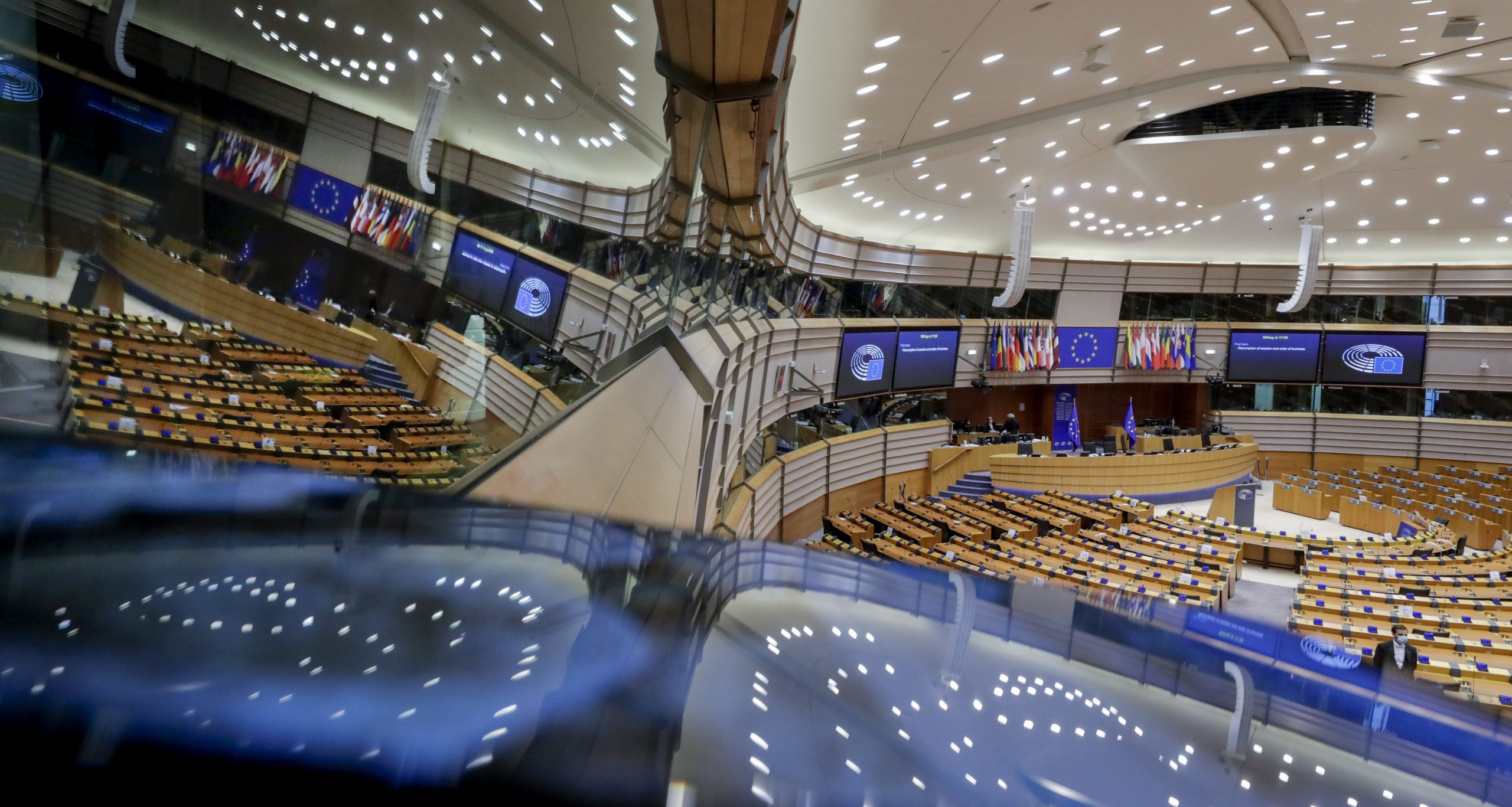
The resolution called the law "another intentional and premeditated example of the gradual dismantling of fundamental rights in Hungary."Continue reading

Infringement procedures are expected to begin against Hungary as soon as Thursday over its new law banning the portrayal of homosexuality and sex reassignment in school education and TV programs for minors. The European Commission has notified the Hungarian government of fundamental EU rights which the law breaches, but officials have opposed these accusations, emphasizing that the legislation’s purpose is strictly to protect children, and to make it the exclusive right of parents to educate them.
Action is being taken by the European Union after a series of disagreements between Hungary’s governing Fidesz party and multiple members of the bloc over the aspects of Hungary’s law impacting the LGBT+ community. While certain members of the European Parliament have requested Hungary’s EU funds to be withheld, the European Commission is allegedly beginning infringement procedures on Thursday.
Last week the European Parliament voted in favor of a resolution condemning Hungary’s new law and denouncing “the dismantling of democracy and the rule of law in Hungary.”
In a Facebook post on July 8, Prime Minister Viktor Orbán accused the European Parliament and the European Commission of wanting to “send LGBTQ activists to Hungarian schools,” which he said the Hungarian government will not allow to happen.
Now, the European Commission has once again addressed the law in its Wednesday report, agreeing only that it is the fundamental right and responsibility of parents to raise their children, but highlighting multiple aspects of the legislation which it considers to be in violation of the EU’s fundamental values.
These values include equal treatment, respect for human dignity, non-discrimination, and protection from stigmatization based on religion, political or gender affiliation and sexual orientation.
Commissioners Didier Reynders and Thierry Breton have already sent a letter to Hungarian Justice Minister Judit Varga highlighting the multiple violations of Hungary’s new law before it went into effect. Not only does the letter include human rights violations, but content violations such as infringements on the right to freedom of expression and the right to conduct a business.
Letter by @dreynders and @ThierryBreton on the new Hungarian bill that discriminates against people based on their sexual orientation https://t.co/gEyx6I3KEh pic.twitter.com/LwLgfoWTYI
— European Commission 🇪🇺 (@EU_Commission) June 23, 2021
The Commission’s Wednesday report addresses the prime minister’s accusation, saying that the letter makes no mention of wanting to let LGBTQ activists into Hungarian schools.
According to Politico, Brussels will begin two infringement procedures against Hungary, providing a formal notice and giving the government two months to respond.
The first procedure will argue that the law violates the right to freedom of expression and information “as well as the Audiovisual Media Services Directive and the e-Commerce Directive.” It will also argue that the law infringes on the freedom to provide services and the free movement of goods.
The second case is directed towards the government’s reaction towards the book publisher Labrisz, requiring it to place a disclaimer on a children’s book saying it shows “behavior deviating from traditional gender roles.” This, the Commission will argue, breaches the Unfair Commercial Practices Directive.
Normally, it takes the commission much longer to initiate infringement procedures, so its quick response to Hungary’s law shows the magnitude of the issue. The law has made a serious impact on the Union, and this is reflected in the actions of both the Commission and the European Parliament.
Also adding to the tensions is the fact that the Commission has not yet accepted Hungary’s recovery and resilience plan involving 7.2 billion euros. Despite the Commission already endorsing 16 plans, it extended its two-month deadline for accepting that of Hungary.
Due to Hungary’s new law, many MEPS are asking the Commission to activate the conditionality mechanism which links EU funds to respect for the rule of law, something which Hungary does not have a good track record with inside the Union.
It is not clear whether EU funds will end up ultimately being withheld, but regardless, it cannot be denied that the new law has impacted relations between Hungary and many of its EU allies.
Featured photo illustration by Márton Mónus/MTI